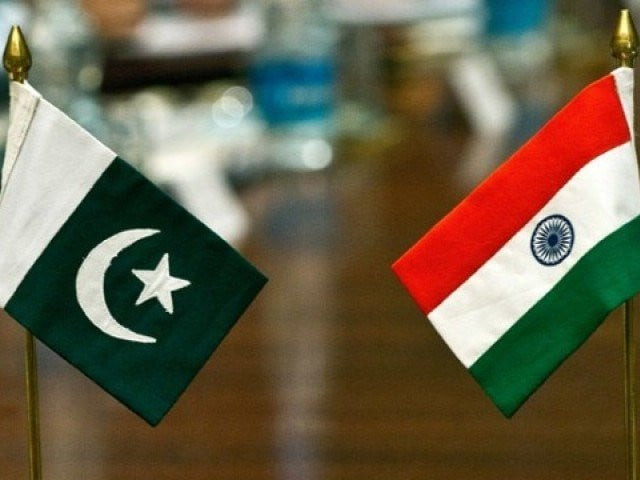Pakistan grants India consular access to two alleged spies
Reports suggest two individuals from IIOJK were arrested in Gilgit-Baltistan on charges of espionage in 2020

Pakistan has granted consular access to India for a meeting with two Indian nationals arrested on charges of spying in 2020.
The consular access was provided at the request of the Indian government, according to sources familiar with the development on Tuesday. The meeting between Indian diplomats and the alleged spies took place on Monday.
The foreign office did not issue any statement, and there was no immediate reaction from New Delhi. However, sources in the foreign office confirmed to The Express Tribune that consular access was given, without providing further details.
Reports suggest that the two individuals, hailing from the Indian Illegally Occupied Jammu and Kashmir (IIOJK), were arrested in Gilgit-Baltistan on charges of espionage in 2020. They were identified as 29-year-old Feroze Ahmad Lone and 24-year-old Noor Muhammad Wani, both from the Gorez area of IIOJK’s Bandihurah town.
According to Indian media, both men had been missing from Occupied Kashmir since November 2018. Sources indicated they had crossed the border illegally and were subsequently arrested on spying charges.
Also read: Pakistanis ‘fed up’ with India rivalry
Sources further revealed that the two Indian nationals were recently transferred to Rawalpindi’s Adiala Jail from a prison in Gilgit-Baltistan.
A three-member delegation from the Indian High Commission in Islamabad met with the two prisoners at Adiala Jail, diplomatic sources said. Interior Ministry officers were also present during the meeting, according to sources.
The issue of consular access has been a significant point of contention between Pakistan and India, notably highlighted by the case of Indian naval officer Kulbhushan Jadhav, detained by Pakistan in 2016 on charges of espionage and terrorist activities.
Initially, Pakistan denied India consular access to Jadhav, citing bilateral protocols and conventions that did not permit access to spies. India took the matter to the International Court of Justice (ICJ), which ruled that Pakistan must grant consular access. Pakistan later complied with the ICJ ruling, allowing Indian officials to meet Jadhav under tight security at the foreign office.



















COMMENTS
Comments are moderated and generally will be posted if they are on-topic and not abusive.
For more information, please see our Comments FAQ